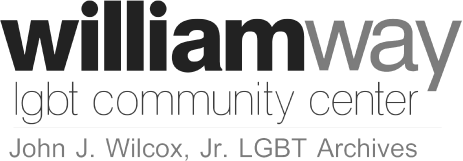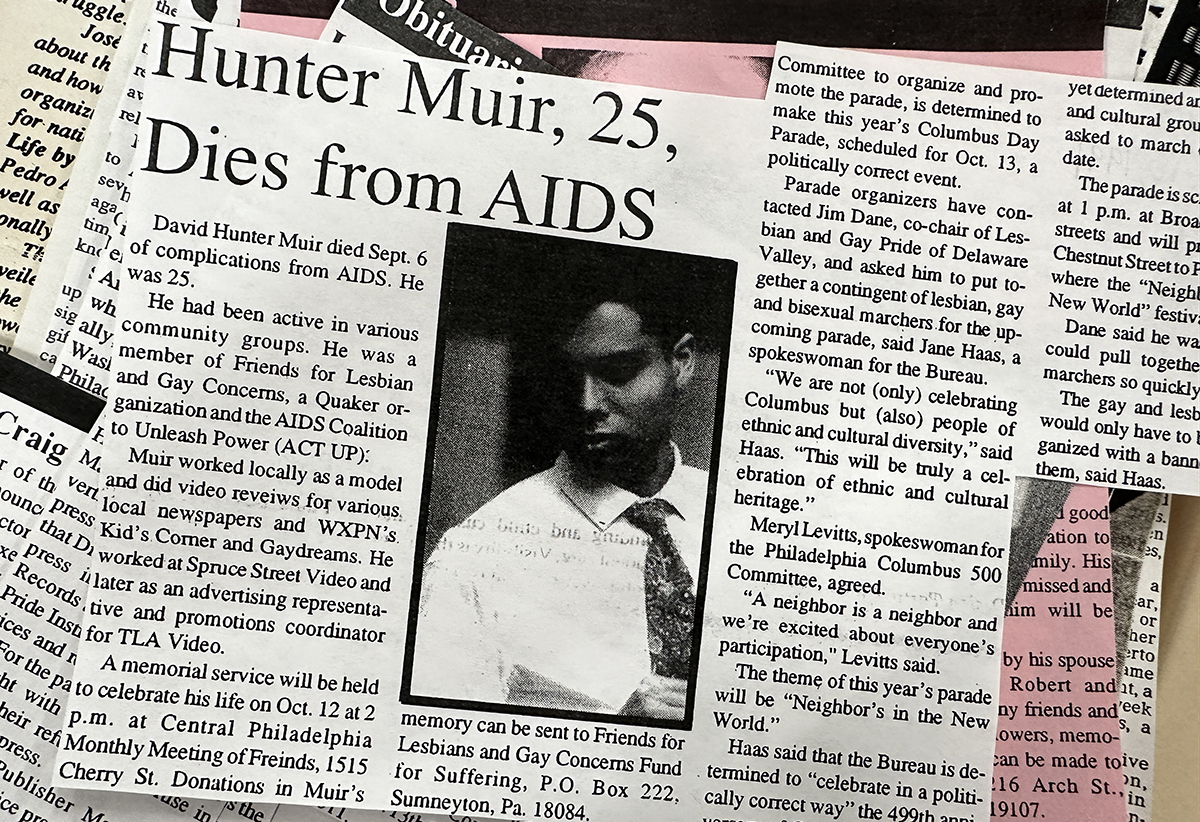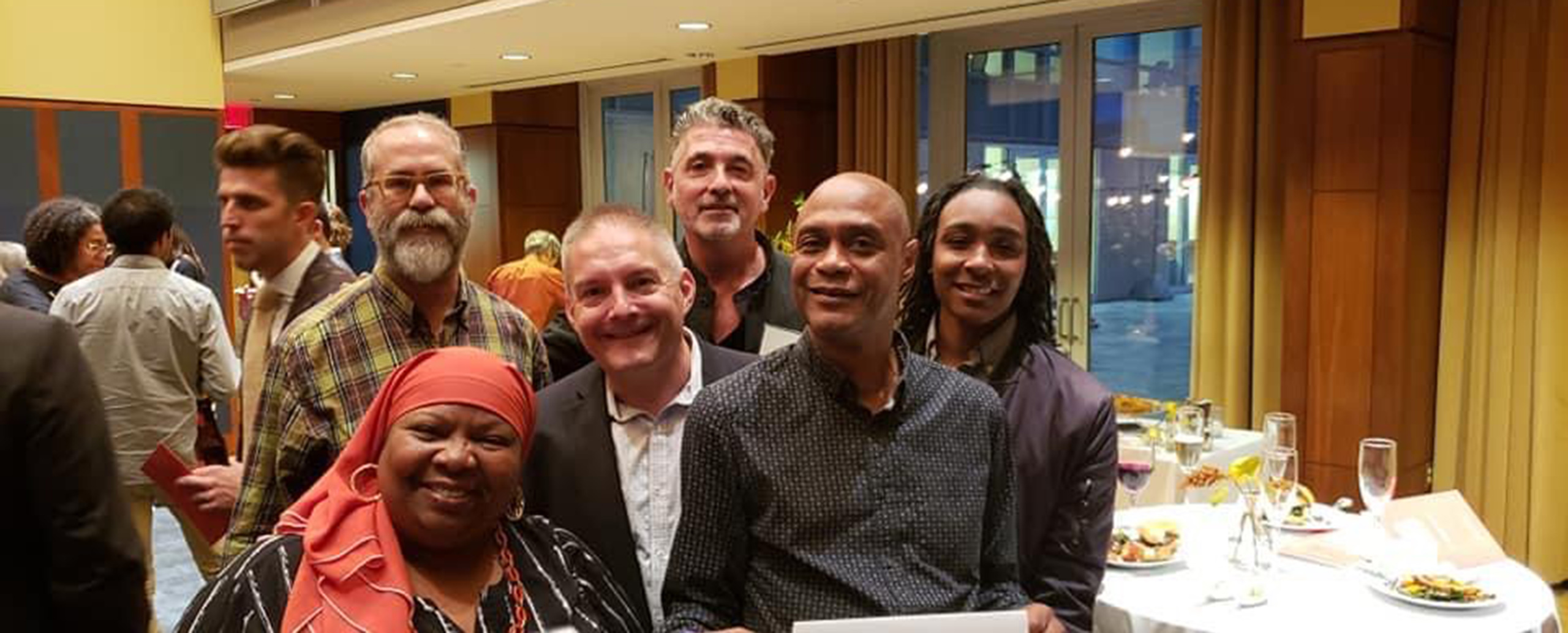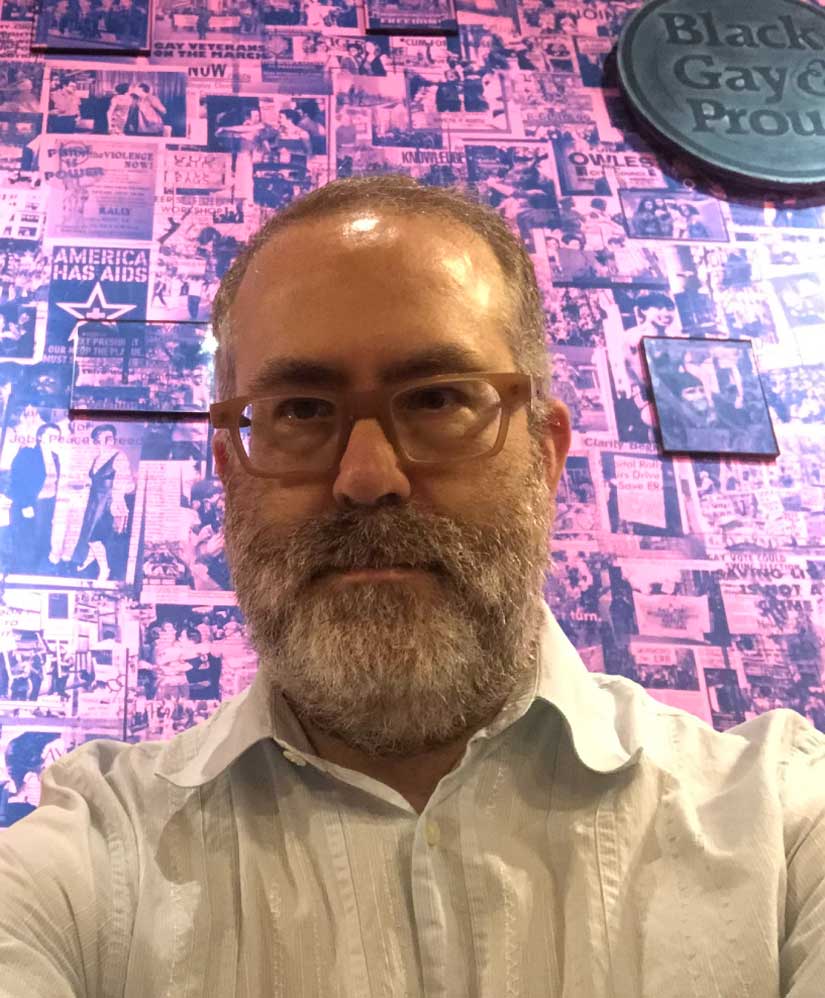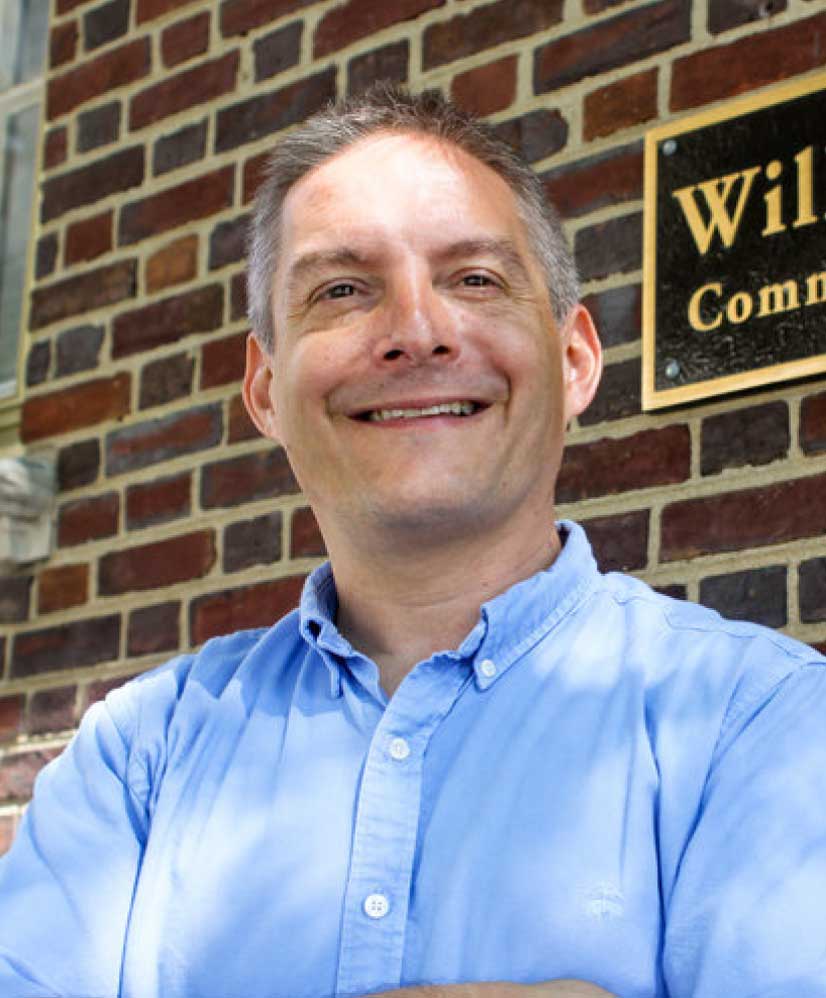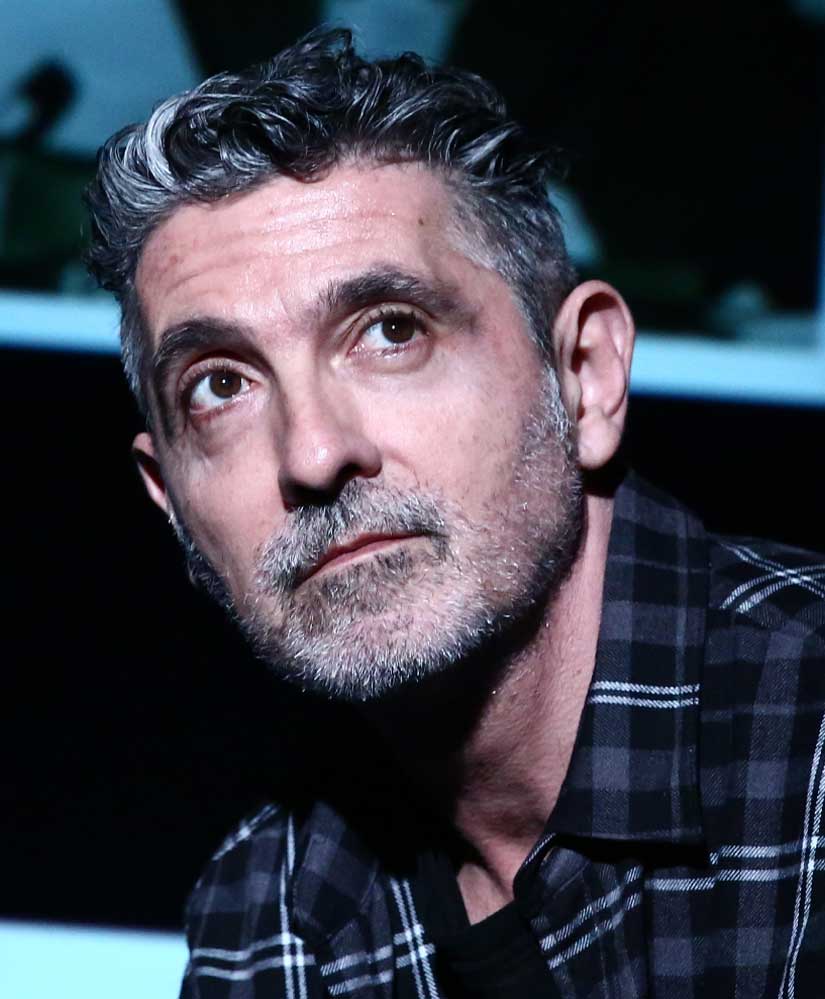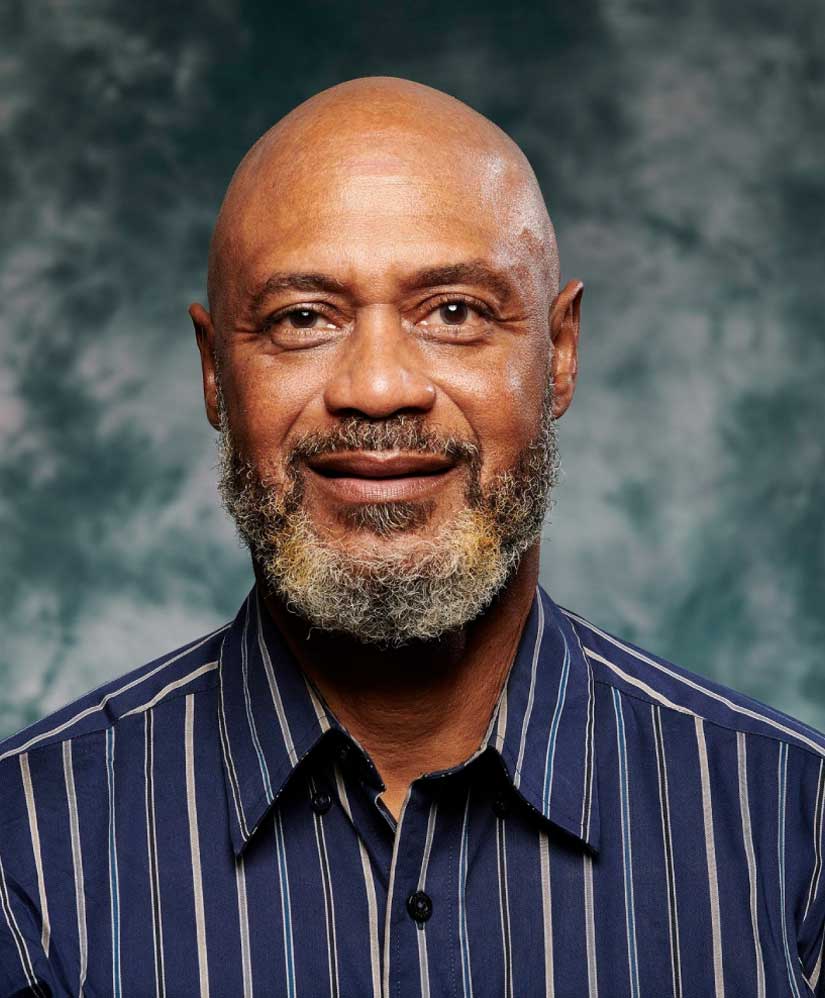AboutAn alternative memorial to Philadelphians and the HIV/AIDS crisis.
*
Remembrance is an alternative memorial to Philadelphians and the HIV/AIDS crisis presented by the William Way LGBT Community Center and its John J. Wilcox, Jr. Archives, and supported by The Pew Center for Arts & Heritage. Partnering with local artists, activists, and community leaders, Remembrance included the collecting of oral histories, the premiere of a full-length original play, a powerful and profound “going home” ceremony to memorialize those most at risk of being forgotten, and the creation of a permanent website for the preservation of and access to these important stories. Remembrance began in January 2020 and concluded in June 2022.
After passing the 40th anniversary of the New York Times‘ watershed first article on the emerging AIDS crisis (June 1981) and Philadelphia’s first reported case (September 1981), the William Way LGBT Community Center and its John J. Wilcox, Jr. Archives created an alternative multi-disciplinary memorial to the era’s resilience and tragedy. Remembrance drew its inspiration from the stories of a funeral director in South Philadelphia, one of the few to provide respectful and professional services for the many who died of AIDS during the early years of the epidemic.
At the outset of the AIDS crisis, with little consensus as to how the disease was transmitted, few funeral directors in Philadelphia were willing to receive the bodies of those who died of AIDS or AIDS-related complications, let alone embalm them. (In fact, the National Funeral Directors Association recommended a “Disposable Protective Apparel Kit” which nearly resembled Hazmat gear.) Philadelphia’s Ronald R. Piselli Funeral Home was one of the few sites that would provide respectful services for those who had passed in the early years of the epidemic. During our interviews with Mr. Piselli, it became strikingly clear how many funerals he had provided for men, women and children who he knew had died of AIDS, but whose friends and family omitted or disguised the cause of death in any public announcement and to many of the mourners who might gather. Throughout those early years Piselli also accepted bodies that came virtually unaccompanied: many were cremated, their ashes put in urns, awaiting next of kin to claim them for burial.
In recent years, the impact and fear of a deadly virus has been brought into focus for the larger society. But before COVID-19, another virus, HIV, ravished communities across the country, including Philadelphia. The under-told stories of courage, community, and perseverance displayed by Philadelphians in the face of the HIV/AIDS epidemic have never before been captured, memorialized and shared with the broader public until now.
Interviews"She will go into the archives; she will not be forgotten."
PerformancesEnacted through civic and theatrical performances.
*
*
ProjectFunders


ProjectPress
“Community Briefs: William Way Community Center announces new HIV/AIDS memorial” (Philadelphia Gay News)
“Unmourned will be remembered in new Philly AIDS memorialization project” (The Philadelphia Tribune)
“Dying of AIDS was like ‘disappearing from the universe.’ A new project helps Philly remember” (The Philadelphia Inquirer) [paywall]
